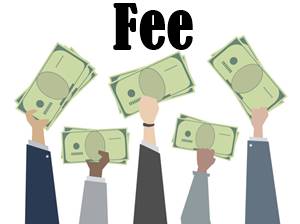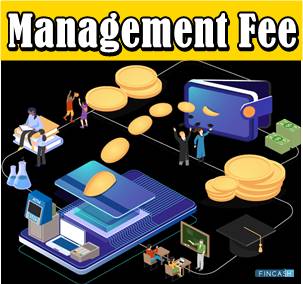
Table of Contents
Late Fee
What is a Late Fee?
Late fee meaning refers to the penalty or an additional payment that is paid by the person who fails to pay the insurance premium, loan amount, interest, and credit card payments within the due date. In the case of the loan repayment, the lender has the right to add the late fee to the total loan amount if the borrower is unable to make the payment on time.

Now, the borrower has to pay a late fee along with the outstanding balance. This acts as compensation for not making the payments in a timely manner. That’s how it encourages the borrower to pay the loan and make payments on time. The terms and conditions concerning the late fees are specified in the contract.
A late fee is a common way for the creditor to make money from the amount they have lent to the borrower. For instance, if the borrower fails to pay the minimum credit payments due for the month, then the creditor can add a late fee to the outstanding amount. Now, the borrower is supposed to pay the credit card payments with this fee the next month.
Late Fee Imposed on Tenants
Another example is the landowner imposing a late fee on the tenant. If the tenant does not pay the rent for the month by the due date, then the Landlord has the right to charge an extra fee for late rental payments. The amount of fee they can impose on the tenant is mentioned in the Lease or rental contract. Note that creditors are not allowed to charge excessive late fees. In general, the late fee does not exceed Rs.10,000. It is somewhere between Rs. 3000 and Rs. 10,000. Some creditors and landlords are willing to allow a grace period before adding the late fee to the outstanding balance.
Talk to our investment specialist
For example, the landlord can allow the tenant to make the payment for rent on the 10th of every month instead of the first day of each month. The landlord and tenant can set the grace period with mutual agreement. Now that the tenant is allowed a grace period of 10 days for the rental payment, they will not incur a late fee if they are unable to pay the rent on the first day of the month. If the tenant fails to make the payment within the grace period, then the landlord has the right to charge a late fee. All these conditions must be mentioned in the lease agreement so that both parties can show evidence should any conflict arise in the future.
Some creditors do not charge late fees if the borrower is unable to pay due to medical or financial reasons, while others do not impose the late fee at all. Some creditors do not allow any grace period or leniency when it comes to the late fees. Even if the borrower misses the payment deadline by one day or a few hours, they impose additional charges.
All efforts have been made to ensure the information provided here is accurate. However, no guarantees are made regarding correctness of data. Please verify with scheme information document before making any investment.












